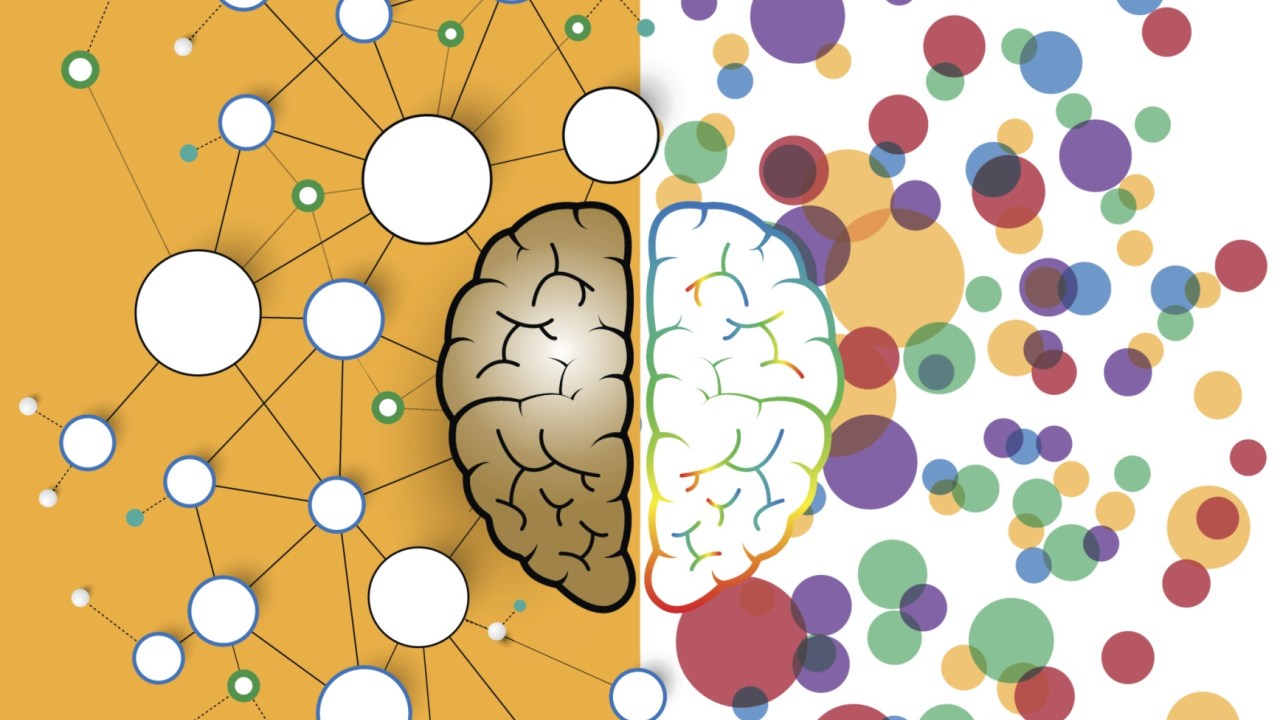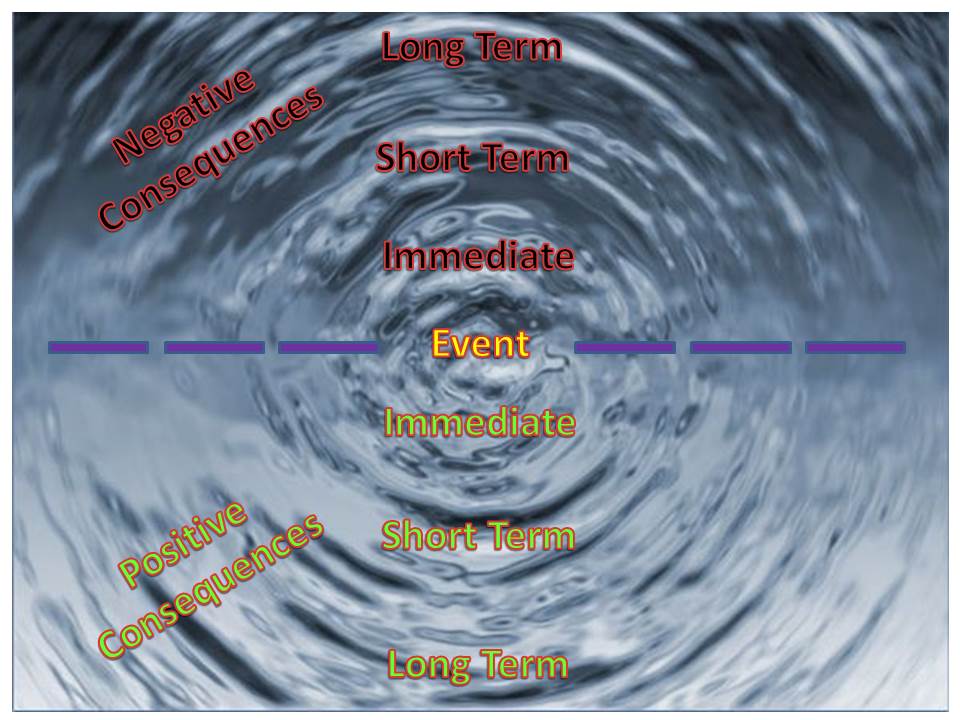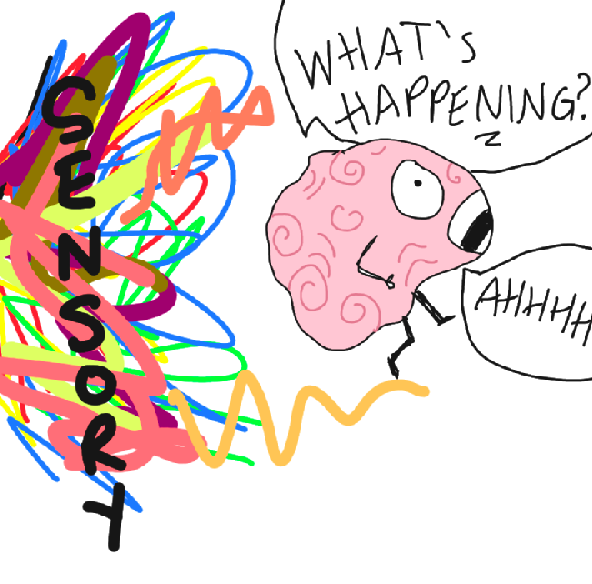Blog
Keep up to date with our latest blog posts
Secrets of Your ADHD Brain
What is the ADHD zone? Those with ADHD know that they are able to focus primarily by being interested in or intrigued by what they are doing.
ADHD and Emotions: What You Need to Know
Typically having trouble with working memory and other executive functions, children with ADHD tend to have a harder time keeping a bigger picture in their heads, as well as tend to get stuck in the emotion they are feeling.
Why Praise Is So Important for Children with ADHD
Boost your child’s self-confidence through praise!
Teaching Children Emotion Regulation
Check out this helpful article out of Australia, outline some ways to teach children how to navigate and regulate all those emotions that are swirling around inside them.
The Importance of Attunement
This is a very cool idea from Harvard University about teaching parents about the importance of attunement in creating a secure attachment with their children.
Epigenetics: The Impact of Environment on Development
For those who struggle with ADHD, the round pegs trying to fit into square holes, one of the bleakest aspects of daily life is the belief that things will always be this way and cannot be improved. Epigenetic research is telling us more and more that this belief is false.
Consequence Quiz
Walking through the consequence quiz or coming up with your own scenarios might give you a window of insight into the answer to that question.
Is It Anger or Anxiety?
More often than not, anger is a secondary emotion. For some children, beneath anger is fear or anxiety. Dr. Macnamara explains that “Children under the age of 5 to 7 are unable to exhibit courage because of the lack of integration in their prefrontal cortex.
ADHD Medication Reduces Rate of Substance Abuse
More and more research has demonstrated that treating the underlying ADHD greatly reduces the likelihood of future substance use.
Sensory Processing Disorder and/or ADHD
Constantly fidgeting and squirming. Invading personal space. Melting down in public. These can be signs of both ADHD and sensory processing issues.










